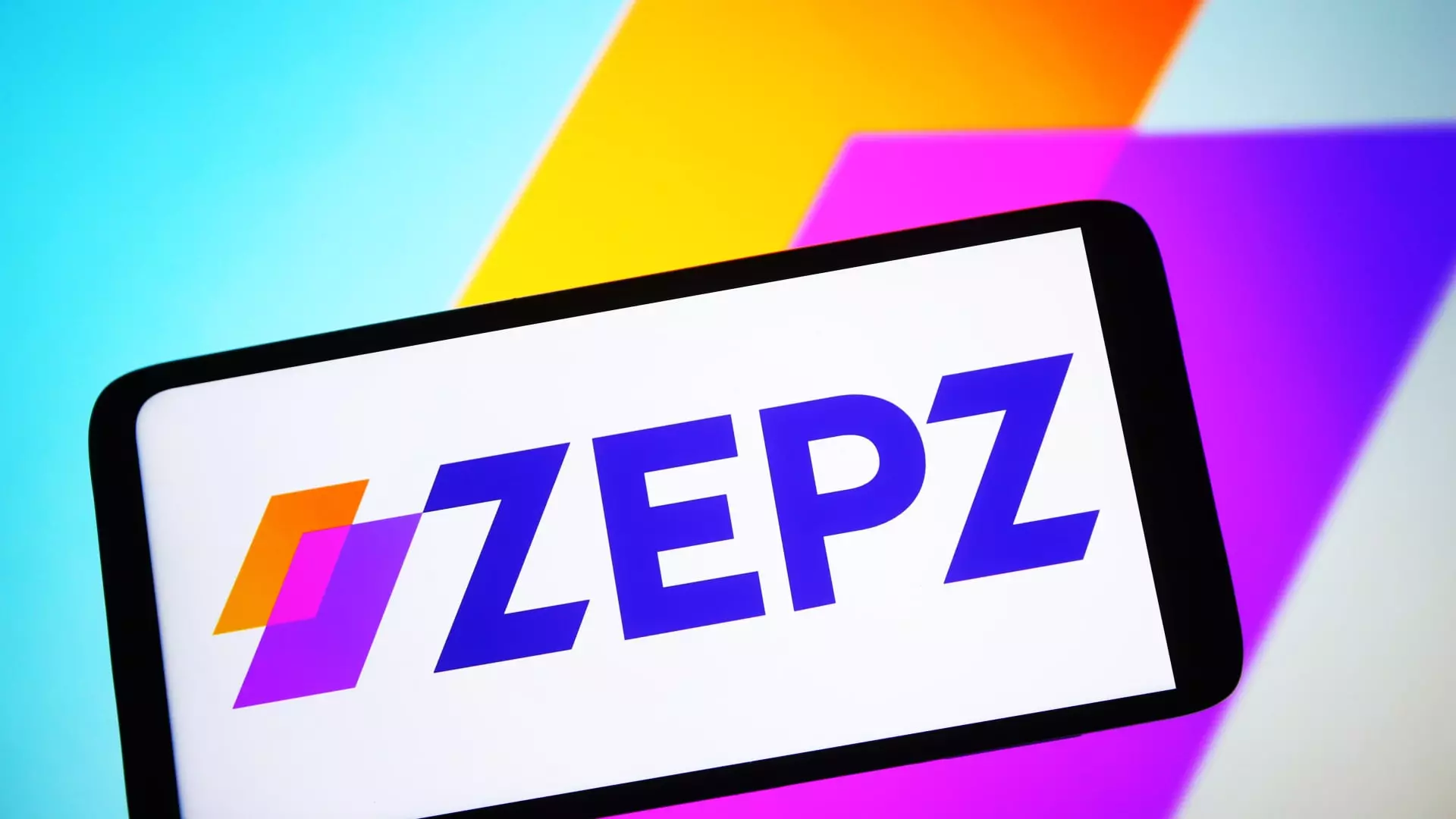In a bold move reflecting changing market dynamics, British digital remittances provider Zepz is initiating substantial layoffs, affecting around 200 employees. This decision highlights the ongoing challenges faced by emerging fintech companies as they strive to balance innovation with operational sustainability. With Zepz—a company formerly known as WorldRemit—laying off nearly 20% of its global workforce, a thorough examination of the implications and underlying motivations behind this restructuring is essential.
In January, Zepz disclosed to its employees that it would cut jobs across various information technology functions, including vital areas such as database administration and software engineering. These layoffs are not isolated incidents; Zepz had already initiated similar cost-cutting measures in 2023, laying off 420 employees in a bid to streamline operations. This trend raises questions about the long-term viability of a company previously regarded as a leader in its sector, especially as it aligns itself for further growth and transformation.
While Zepz’s spokesperson reiterated that the layoffs would not affect customer service across its numerous markets, the human cost cannot be overlooked. The decisions made by the company not only impact the employees losing their jobs but also send ripples through the morale of the remaining workforce. Employees are likely to feel uncertain about their own job security, especially in an industry famously dubbed the “unicorn” arena with investors keeping a keen eye on performance metrics.
The fintech sector has thrived on rapid advances in technology but faces intense scrutiny during an economic downturn. Companies that once enjoyed a seemingly infinite growth trajectory are now forced to adapt or risk obsolescence. Zepz’s decision is a response to internal pressure as well as external market dynamics. The company cited innovations such as advanced automation and artificial intelligence as contributing factors to the reduction in necessary roles. Striking a balance between technology investment and workforce capacity remains a delicate challenge for many fintech entities today.
The competitive landscape is also evolving. With players like PayPal, Wise, and Revolut continuously innovating, Zepz must ensure that its operational model remains effective. While a robust technology foundation is essential, it is equally crucial to maintain an agile workforce capable of adapting to new market demands. The layoffs could signal a shift in strategy from aggressive expansion to a more judicious approach focused on sustainable growth.
Zepz’s founder, Ismail Ahmed, remains a pivotal figure in guiding the company’s vision. Transitioning from its initial identity as WorldRemit, Zepz has pursued opportunities for expansion through acquisitions and rebranding initiatives. However, the necessity of recent job cuts invokes a level of scrutiny regarding the clarity and deliverability of the company’s strategic vision.
Zepz CEO Mark Lenhard’s memo emphasized the difficulty surrounding these decisions and reaffirmed the company’s commitment to its mission of serving global migrants. The leadership’s insistence that these decisions are not indicative of a strategic pivot, but rather a pathway to enhancing efficiency, raises important questions. Stakeholders must critically assess whether Zepz’s current operational model can withstand the pressures of a rapidly evolving financial landscape.
As Zepz navigates these tumultuous waters, its potential path toward an initial public offering (IPO) remains uncertain. Valued at $5 billion in 2021, Zepz had been regarded as a promising candidate for an IPO, with significant backing from investors such as Accel and TCV. Nevertheless, the firm’s recent actions, particularly substantial job cuts, could influence investor confidence.
Investors look for signs of stability and prudent management, especially in companies that have historically leaned heavily on growth through rapid hiring. Continuous layoffs may lead to skepticism about Zepz’s overall health and long-term prospects, raising concerns about whether the company can truly deliver on its promise of innovation and success in a saturated market.
Zepz stands at a critical juncture, facing the dual challenge of maintaining competitiveness while ensuring operational efficiency. The layoffs serve as a stark reminder of the fragility of startup ecosystems and the fundamental need to prioritize sustainable growth over mere expansion. As the fintech industry continues to evolve, it remains to be seen how Zepz will recalibrate its approach to ultimately align its operational capabilities with its ambitious mission to serve immigrants and diasporas worldwide.

